A group of former senior U.S. national security officials has held secret talks with prominent Russians believed to be close to the Kremlin — and, in at least one case, with the country’s top diplomat — with the aim of laying the groundwork for negotiations to end the war in Ukraine, half a dozen people briefed on the discussions said.
In a high-level example of the back-channel diplomacy taking place behind the scenes, Russian Foreign Affairs Minister Sergey Lavrov met with members of the group for several hours in April in New York, four former officials and two current officials said.
On the agenda were some of the thorniest issues in the war in Ukraine, like the fate of Russian-held territory that Ukraine may never be able to liberate and the search for an elusive diplomatic off-ramp that could be tolerable to both sides.
Meeting with Lavrov were Richard Haass, a former diplomat and the outgoing president of the Council on Foreign Relations, current and former officials said. The group was joined by Europe expert Charles Kupchan and Russia expert Thomas Graham, both former White House and State Department officials who are Council on Foreign Relations fellows.
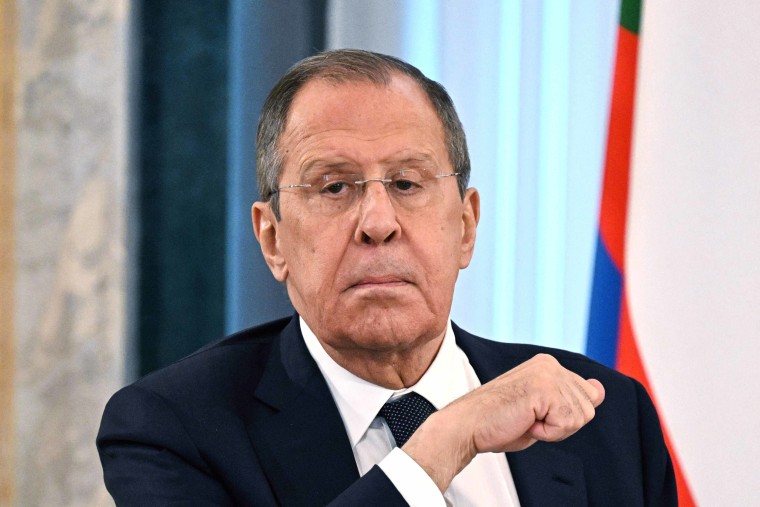
The former U.S. officials involved either did not respond to requests for comment or declined to comment on the record. All of the sources declined to be named in order to confirm talks that were intended to be kept confidential.
Among the goals, they said, is to keep channels of communication with Russia open when possible and to feel out where there might be room for future negotiation, compromise and diplomacy over ending the war.
The discussions have taken place with the knowledge of the Biden administration but not at its direction, and the former officials involved in the Lavrov meeting briefed the White House National Security Council afterward, two of the sources said.
The discussions are known in diplomatic parlance as “Track Two diplomacy,” a form of unofficial engagement involving private citizens not in government — or, in the case of the Lavrov meeting, “Track 1.5,” meaning current officials are involved on one end of the conversation. Formal, high-level diplomatic engagements between the U.S. and Russian governments over Ukraine have been few and far between.
It is not clear how frequently the back-channel discussions have taken place, nor whether they are part of a single, organized effort.
On the U.S. side, the discussions have involved some former Defense Department officials, including Mary Beth Long, a former assistant defense secretary with deep experience in NATO issues, according to two people briefed on the talks.
At least one former U.S. official has traveled to Russia for discussions involving the Ukraine war, two of the people said.
Aside from Lavrov on the Russian side, the discussions have involved academics, leaders from major think tanks or research institutes and others in the Russian foreign policy sphere perceived as having President Vladimir Putin’s ear or as being in regular touch with Kremlin decision-makers, the sources said. The people declined to identify the Russian participants by name, citing concerns for their safety.
A spokesman for the White House National Security Council declined to comment.
Russia’s embassy in Washington did not respond to a request for comment.
An official in the office of Ukrainian President Volodymyr Zelenskyy said that it would not comment on specific news reports based on unnamed sources but that its overall position remained the same.
“Our position is unchanged — the fate of Ukraine cannot be decided without Ukraine. Many times the president and all our official speakers spoke about it. Not anonymously, but quite specifically and publicly,” they said.
Signs are mounting that the U.S. and its allies are eager for Moscow and Kyiv to move toward peace talks in the fall after Ukraine’s ongoing counteroffensive is completed.

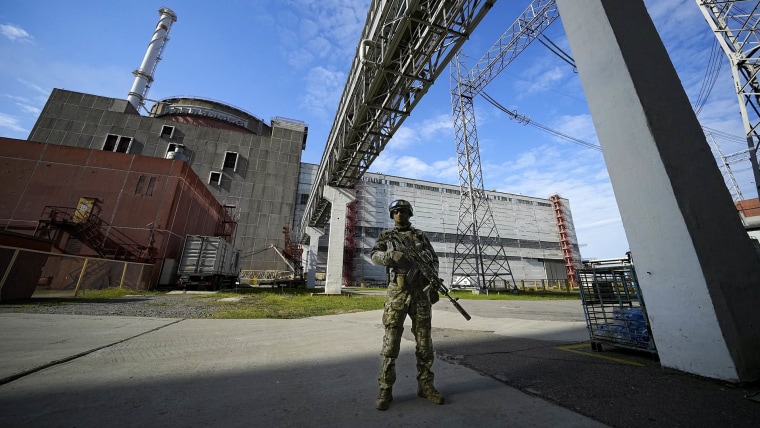

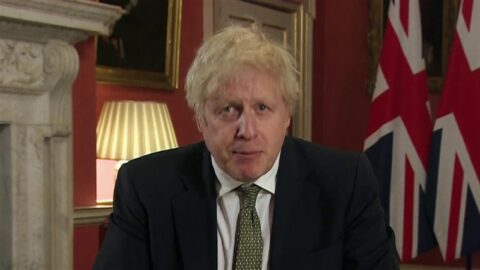
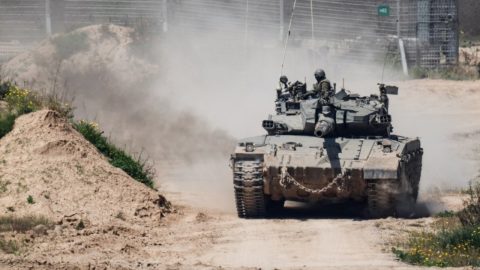
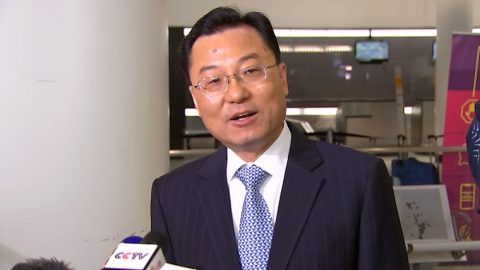
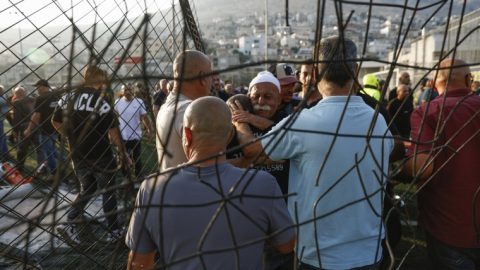
Recent Comments